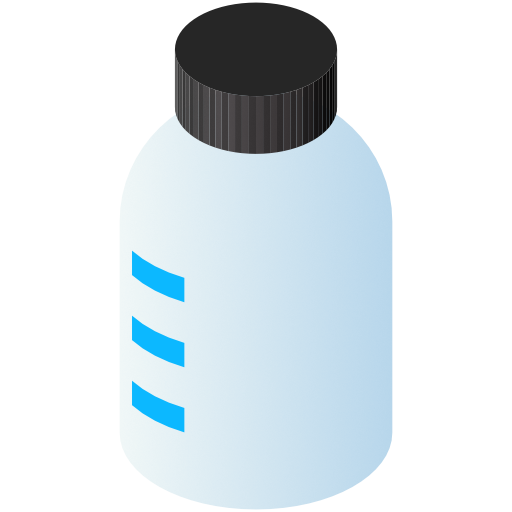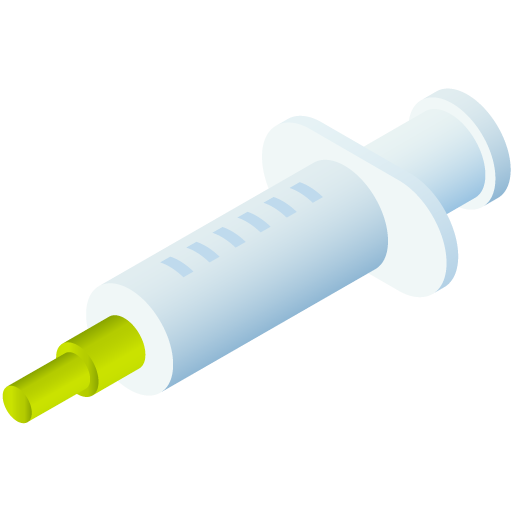Sulfadiazine
Showing 8 of 8 resultsSulfadiazine is an antibacterial substance used to treat bacterial infections in animals. It is commonly administered in combination with other drugs, especially trimethoprim, to enhance its efficacy against a wide range of infections.
Essential insights
- Inhibition of Folate Synthesis: Sulfadiazine works by inhibiting the synthesis of folic acid, which is essential for bacterial growth and survival. It targets the enzyme dihydropteroate synthase, disrupting the bacteria's ability to produce DNA and proteins.
- Synergistic Effect: When combined with trimethoprim, it inhibits two different steps in folate metabolism, resulting in a stronger antibacterial effect.
Breed-specific drug reactions
Dobermanns are known to exhibit breed-specific adverse reactions to sulphonamide antibiotics, such as sulfadiazine. These reactions may include severe cutaneous responses such as rashes and hypersensitivity, as well as polyarthropathy – a condition causing joint inflammation and pain.
Miniature Schnauzers, Standard Schnauzers, and Giant Schnauzers are also recognized for having a breed-specific sensitivity to sulphonamide antibiotics. In these breeds, sulphonamide use has been associated with cutaneous reactions including rashes, hypersensitivity, and other dermatological issues.
Due to the risk of serious adverse effects, the use of sulphonamides in these breeds is not recommended.













